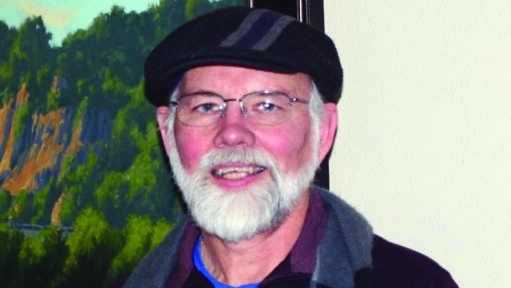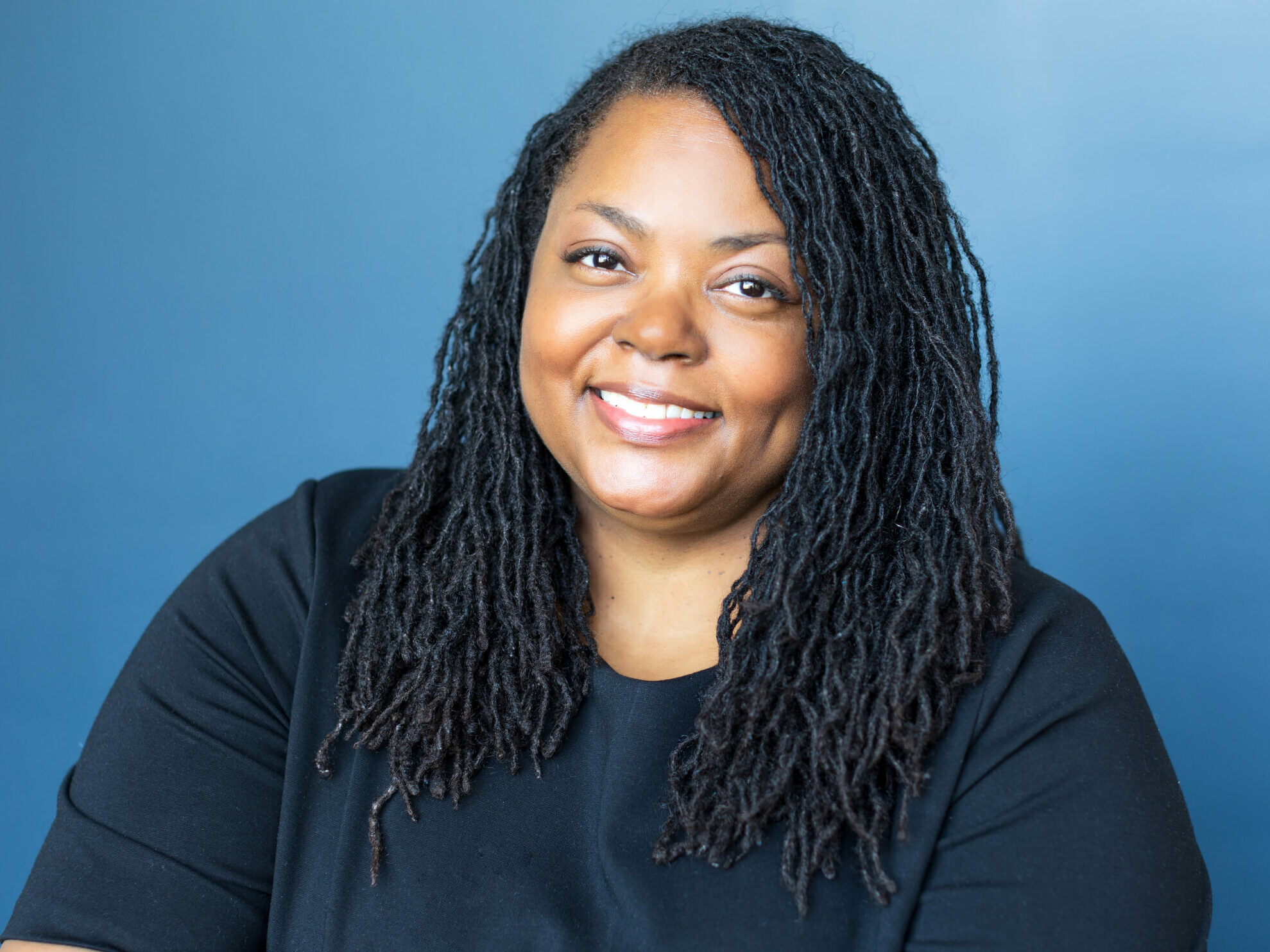It looks bad, but…
Building an Antiracist Community
It is rarely good news if a person is involved in a new relationship and is told something like, “I really enjoy spending time with you, but…” Nor is an employee likely to experience the conjunction but as a place of welcome transition in a performance review. “You have made some good contributions to the company, but…” Because bad news is often front loaded by good news, we develop a certain wariness of “but.”
However, when one is mostly surrounded by bad news, as it seems for many people today, the conjunction can be a needed and essential transition if one is to avoid falling into despair, cynicism or hopelessness. “Yes, things look bad, but…” And in short order, one is redirected to a way of seeing that opens possibilities that despair, cynicism and hopelessness are unable to imagine.
One need not be a person steeped in biblical faith to appreciate the way the author of the Psalms uses the conjunction but. The Psalmist often names a long list of woes, going on for some while, until at last coming to that critical juncture where the “but” appears and the readers know they are being invited to lift their eyes, anticipating a new day.
What makes the Psalms a good model for the myriad challenges we face today is that there is plenty of room for complaining. In biblical language this complaining is called “lament”, which is another way of saying, “get it off your chest.” Don’t keep it all bottled up. Go ahead and express your frustration and anger at the way things are. However, after you have taken the needed time to vent, grab hold of the “but.”
For the Psalmist, the “but” was the place where hope emerges out of trust in God. Again, one does not need to be a religious person or one who believes in God to appreciate how the “but” makes possible a new and more hopeful way of seeing the future. The “but” suggests humility about the limitations of what we can see. There is no need to tie one’s hope to a specific outcome. The “but” recognizes that we are on one side of the hill and while we are presently unable to see the possibilities on the other side of the hill, they exist and by moving toward them, we help bring them into being.
The Psalmist is also a good model for facing the challenges of 2022 because for the Psalmist, the transitional “but” is grounded in community. It may be a religious community, but it can also be the neighbors that work together in addressing shared concerns. The “but” which moves us from despair to hope requires a communal shared reliance, rather than the loneliness of self-reliance.
There are a lot of challenges to be faced in 2022. At times it can look bleak, but…
Tim Johnson is a retired pastor of the United Church of Christ.




